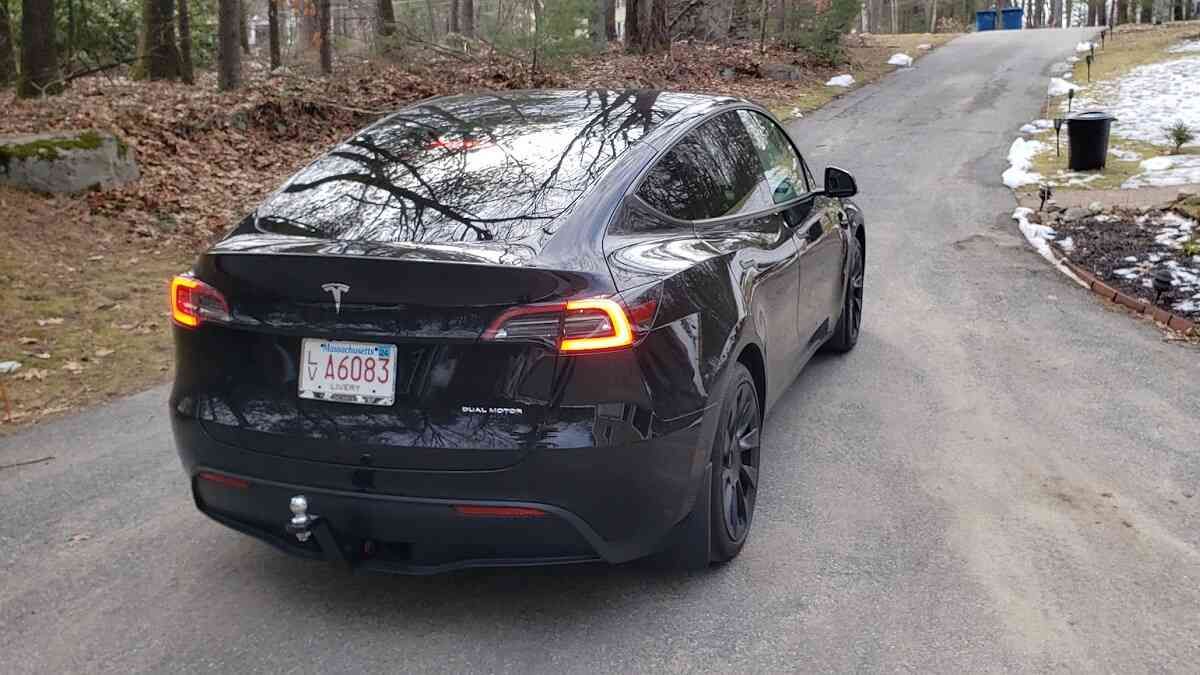No objections to using the road, but something certainly needs to be done about long term obstruction of some of the roads, by parking.
I don't think VED does that in any meaningful sense, though? We've had it for many years and we still have the parking problems. All it does is hit the guy with no off-street parking but doesn't do many miles, disproportionately harder than the guy who does have off-street parking and does loads of miles.


